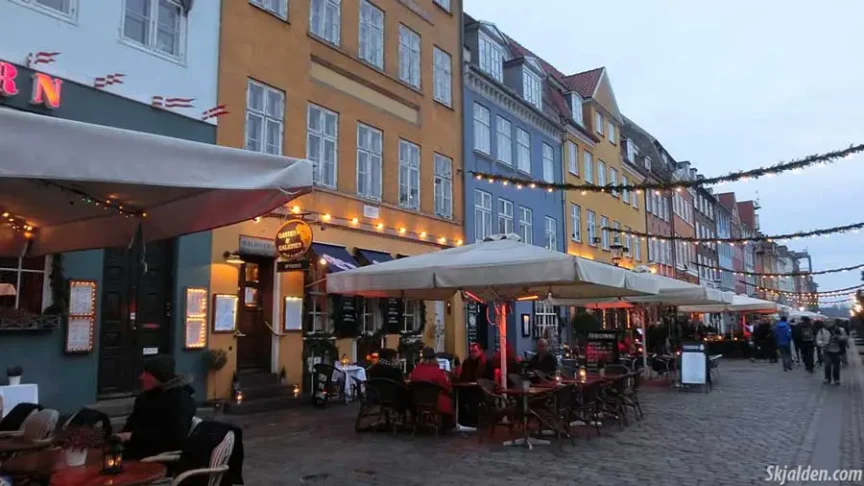When visiting Denmark, understanding the local customs around tipping can make your stay more comfortable and culturally respectful. In Denmark, tipping is often seen differently than in many other countries. This guide aims to provide clear and straightforward information about tipping practices in Denmark, helping travelers easily navigate this aspect of Danish culture.
Tipping Practices in Denmark
In Denmark, service workers such as restaurant staff, taxi drivers, and hotel employees receive a standard wage. This system is designed so that their income does not depend heavily on tips. This is a significant point to keep in mind, especially for visitors from countries where tipping is a customary practice.
Restaurants and Bars
When dining out in Danish restaurants or enjoying a drink at a bar, you will notice that a service charge is typically included in your bill. This is because, under Danish law, any service charge or gratuity must be part of the menu prices in restaurants. Consequently, there is no strict requirement to leave additional tips. However, if you find the service exceptional and wish to show your appreciation, feel free to do so. It’s common to round up the bill to the nearest convenient amount as a form of tipping in Denmark.
Hotels and Taxis
Similar to restaurants, hotels, and taxis in Denmark include service charges in their overall billing. Taxi drivers, for example, do not expect tips, but rounding up the fare is a simple way to offer a tip if you wish. In hotels, while tipping is not expected, a small gratuity for exceptional service is always appreciated.
Tour Guides
Tourism in Denmark also reflects this tipping culture. The cost of guided tours typically includes any gratuities, meaning you are not required to tip your tour guide. However, if your tour guide provides an exceptionally informative and enjoyable experience, tipping as a token of gratitude is a nice gesture.
Understanding the Danish Perspective
It’s essential to understand that the lack of a strong tipping culture in Denmark is rooted in their labor practices. Workers in the service industry, including waiters, taxi drivers, and hotel staff, are paid wages that are generally higher than those in many other countries. This economic structure reduces their dependence on tips as a significant part of their income.
